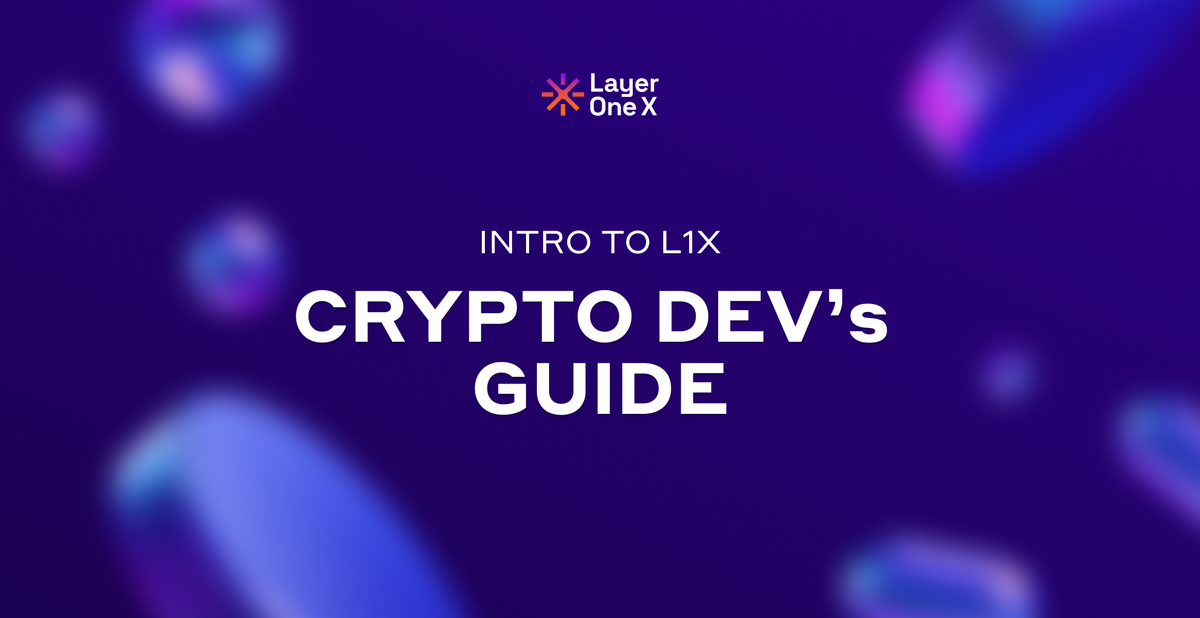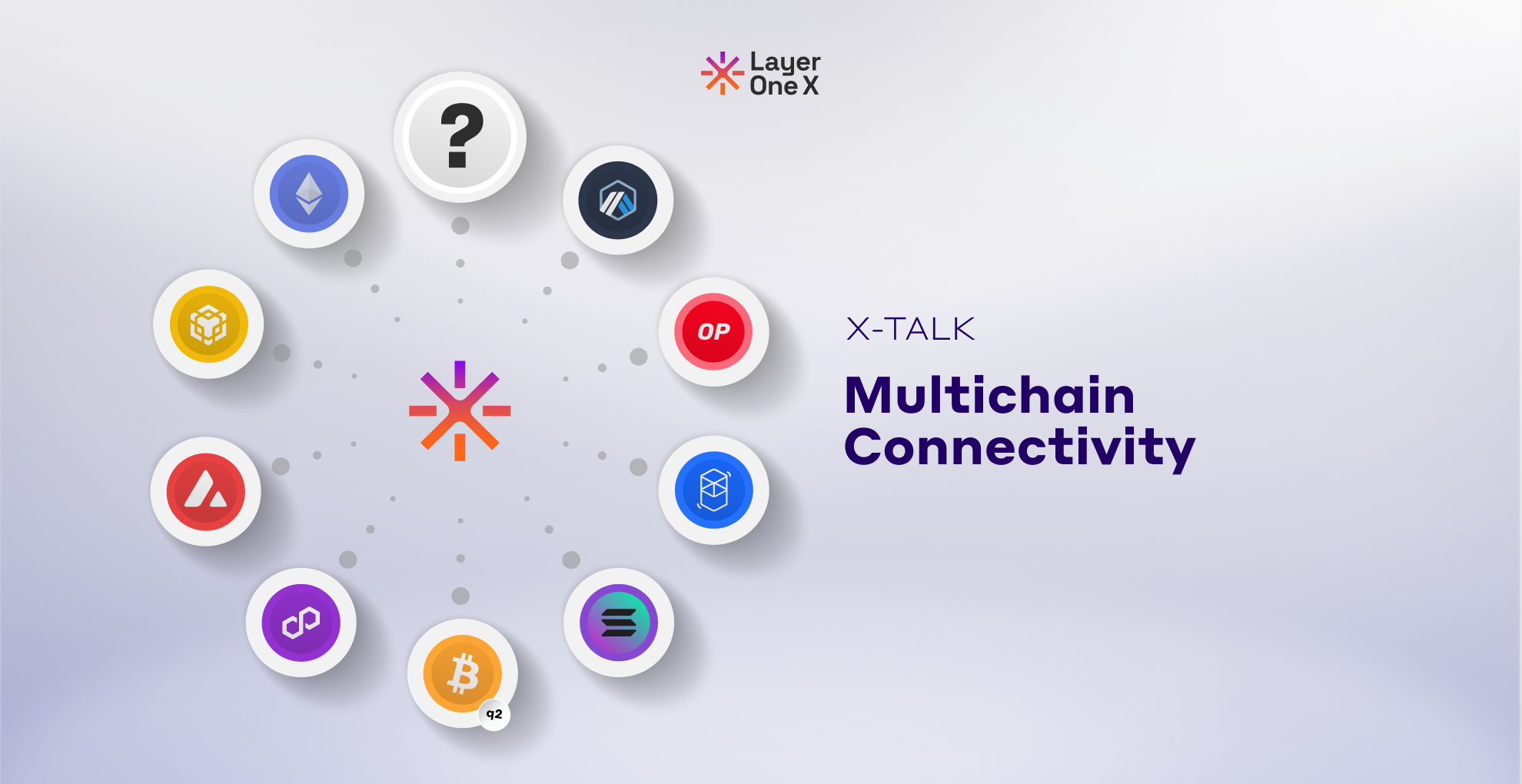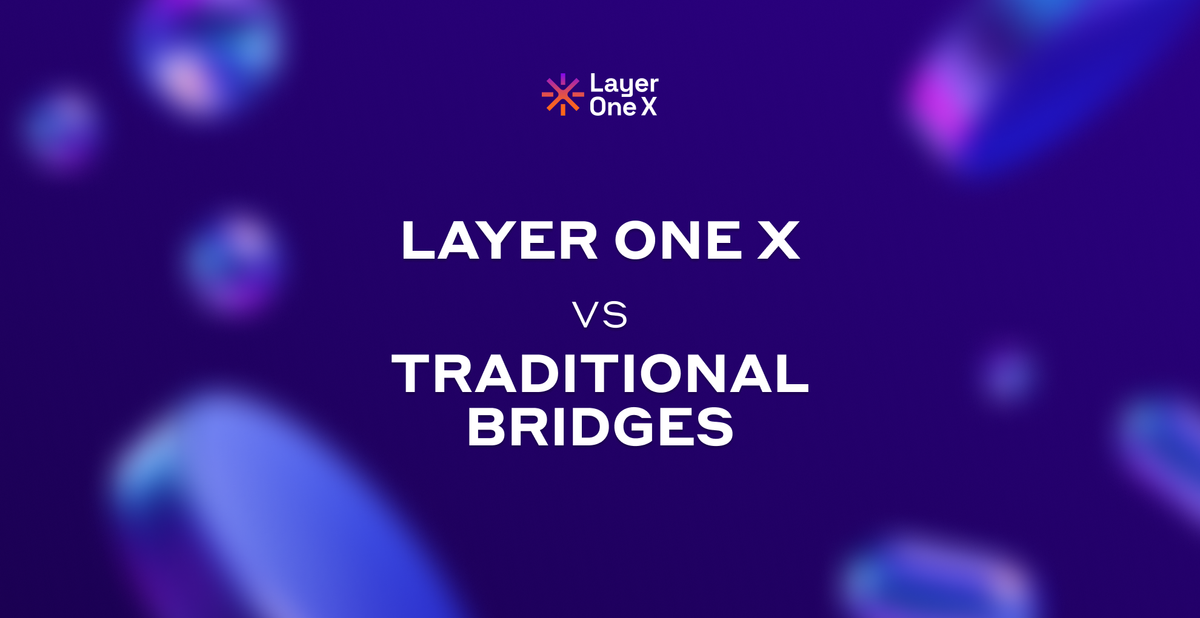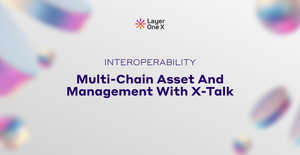Welcome to the Kick series, where we'll venture into the intricacies of the L1X protocol and its core component, X-Talk. This series offers insights into coding aspects, introduces novel contract types, and provides guidance for your software development journey within the world of L1X and X-Talk.
You can find the video below:
L1X Protocol Components
The L1X Protocol comprises several key components working in unison to provide a comprehensive Layer One protocol. These components include:
- L1X Node Software: The core container on the blockchain network, which includes services like consensus mechanisms, virtual machines, X-Talk, and storage systems. These components collaborate to enable the creation of cross-chain applications without the need for bridges.
- Node Types: L1X infrastructure categorizes nodes into three main types:
- Event Listener Nodes: These nodes listen to events, validate them, and send them to the transaction execution environment.
- Execution Nodes: They allow the virtual machine (VM) to execute contracts, facilitating deterministic smart contract execution strategies.
- Signing-Broadcasting Nodes: Responsible for signing payloads and sending them to the correct destination address or contract.
Access to the Gitbook through the Developers Portal, where you will find all the detailed information.
The Power of Modularity
One of the core principles of L1X is modularity. It empowers developers to pick and choose components they want to execute independently. For instance, you can host your own signer and broadcasting node, giving you full control over your application's architecture.
State Management
L1X employs a column family database and a hyper value for state management. This hybrid approach seamlessly integrates with network nodes and the VM, ensuring efficient contract execution and storage management.
L1X Virtual Machine (VM)
Build from ground up, the L1X VM is a versatile tool for developers. It enables the creation of contracts not only in Rust but also in Solidity. There are three types of contracts in the L1X VM:
- L1X Contracts: These execute within the L1X environment itself, e.g., L1X Fungible Token or L1X Non Fungible Token contracts.
- EVM-based Contracts: The L1X VM interacts with an EVM instance, allowing cross-contract calls between the L1X VM and the L1X EVM. Developers can deploy Solidity contracts on the L1X EVM and use L1X Contracts to interact with them.
- X-Talk Contracts: This new type of smart contract enables modular, scalable, rapid, and secure cross-chain applications.
L1X-VM
The L1X VM follows a unique compilation process. Rust constructs are compiled into WebAssembly, which is then further compiled into eBPF instructions. This multi-step process ensures secure execution within the virtual environment.
The L1X VM it also helps with cross-contract calls:
- Allowing interactions within L1X VM contracts itself,
- Between L1X VM and EVM contracts.
Software Development Environment
Developers are provided with a robust software development environment that fosters innovation and flexibility. This environment is strategically designed to offer modularity at the protocol level, accommodating various application requirements and enabling developers to choose a secure and deterministic approach.
Consensus Mechanism
The L1X Consensus Mechanism (CM) is based on PoX, a hybrid mechanism incorporating PoS and democratic validation. It aims to create a clustered environment, where low-power devices will play a significant role in consensus.
X-Talk: A Bridgeless Infrastructure
X-Talk represents a groundbreaking approach to building cross-chain contracts without the need for bridges. It processes, validates, and stores events and payloads for seamless interchain communication. X-Talk's architecture relies on predefined rules specific to each event type, making it a versatile solution for developers.
X-Talk Flow Contract
The X-Talk Flow Contract encompasses key components:
- X-Talk Port: Receives incoming events, validates them, and schedules processing.
- X-Talk Commander: Manages contract storage, flow logic, and business logic entry points, offering modular and customizable options.
- X-Talk Helm: Acts as a router, facilitating the signing of payloads and broadcasting to the correct addresses. It creates a temporary space for cross-contract calls and provides a secure route for transactions.
X-Talk vs. Bridges
X-Talk's advantages over traditional bridges include:
- Fewer contracts required.
- Reduced contract complexity.
- Integrated state management.
- Event handling and standardization directly in the contract.
- Synchronous verification process within a single contract.
- Efficient execution with lower gas fees.
- Designed for easy cross-chain communication and is inherently interoperable.
- Rigorous validation during development to mitigate security risks.
- Single contract development.
L1X and X-Talk are poised to revolutionize the world of cross-chain development. With their modular, secure, and efficient approach, they offer a promising future for decentralized applications.
Stay tuned for more insights and tutorials in the L1X Developer Workshop series as we explore the limitless possibilities of this groundbreaking protocol.






